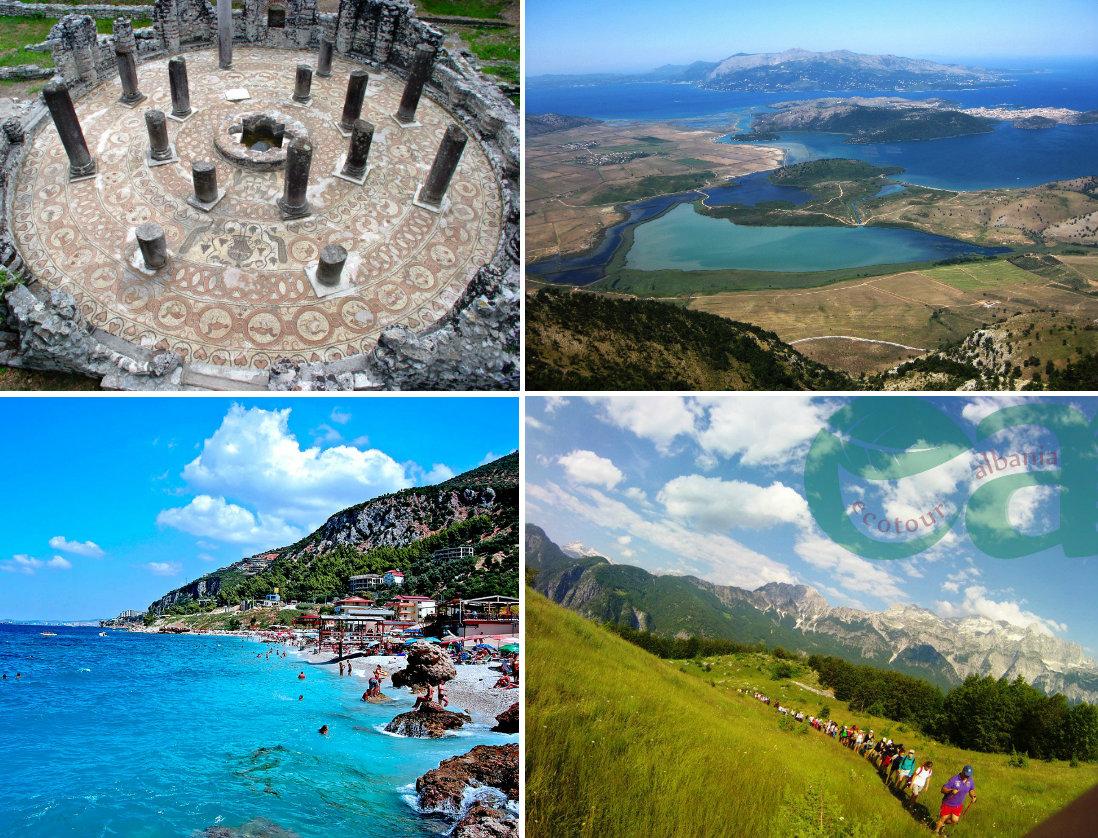Environmental, Cultural Heritage and Tourism

The development of tourism, cultural heritage, and the environment involves fostering sustainable practices that preserve and promote unique cultural and natural assets while enhancing economic growth and community well-being.
This approach integrates:
Environmental Conservation: Protecting ecosystems, biodiversity, and natural resources to maintain the integrity of landscapes and mitigate the environmental footprint of tourism activities. This includes sustainable land use planning, wildlife conservation, waste management, and initiatives to promote eco-friendly tourism practices.
Tourism Development: Creating infrastructure and services that attract visitors while minimizing negative impacts on local communities and ecosystems. This includes developing attractions, accommodations, transportation, and tourism activities that showcase the region’s cultural heritage and natural beauty.
Cultural Heritage Preservation: Safeguarding historical sites, traditions, artifacts, and intangible cultural practices that represent a community’s identity and heritage. This involves conservation efforts, cultural education, and initiatives to involve local communities in heritage preservation.
By adopting a holistic approach that balances economic development with cultural preservation and environmental stewardship, destinations can create vibrant, resilient tourism economies that benefit both present and future generations.
